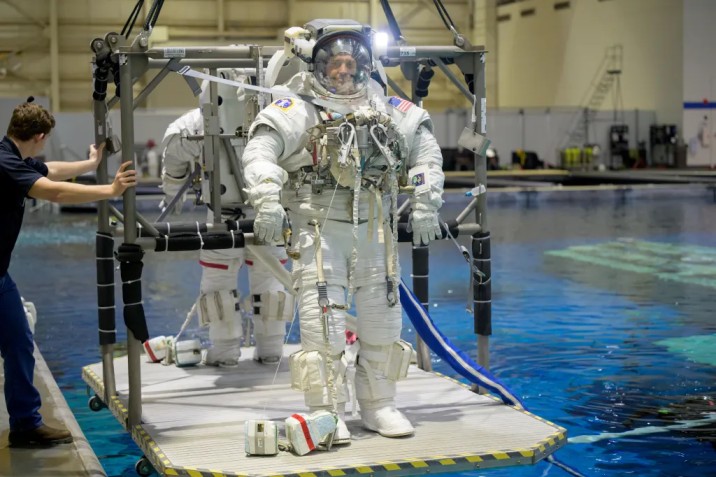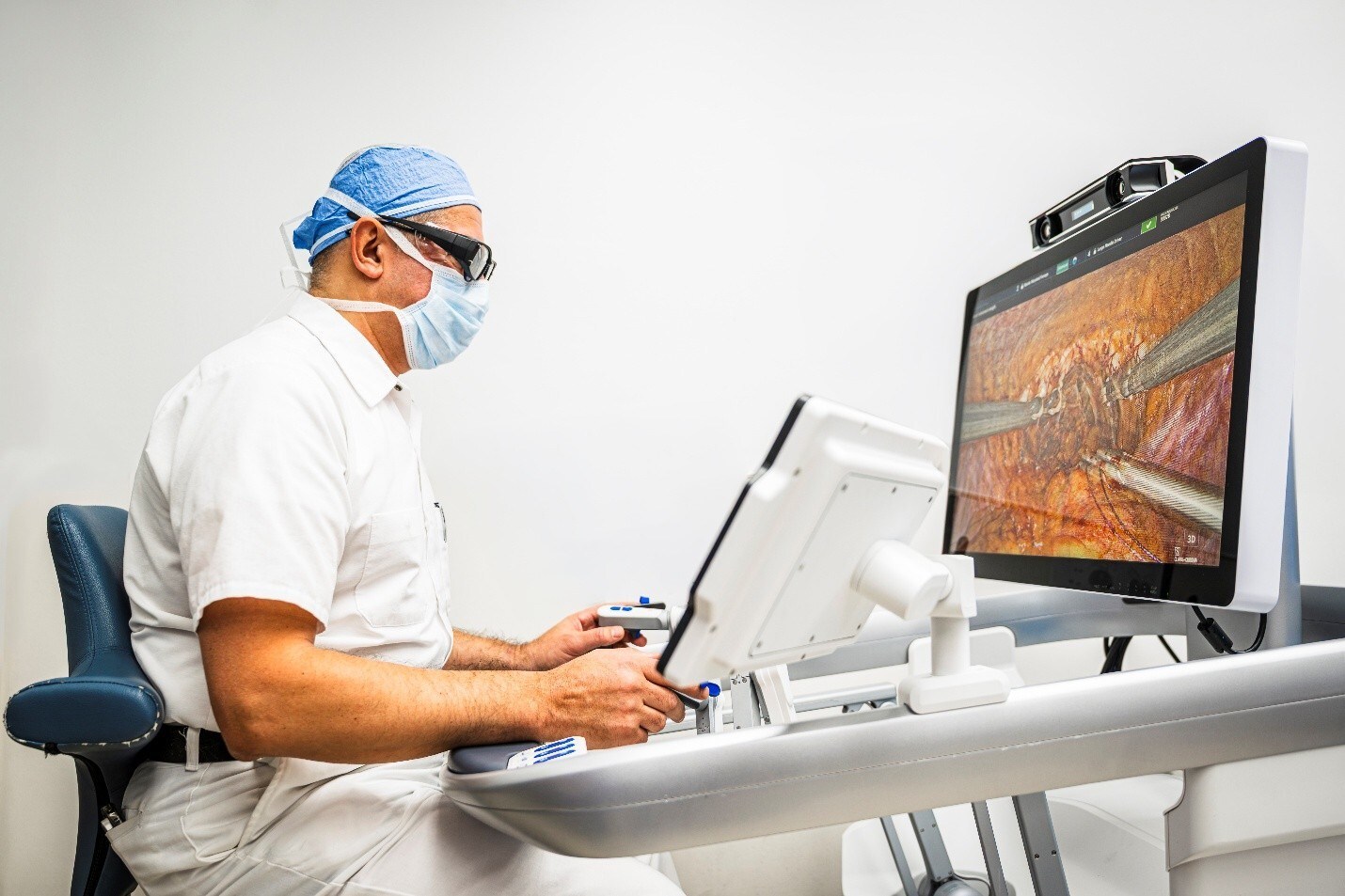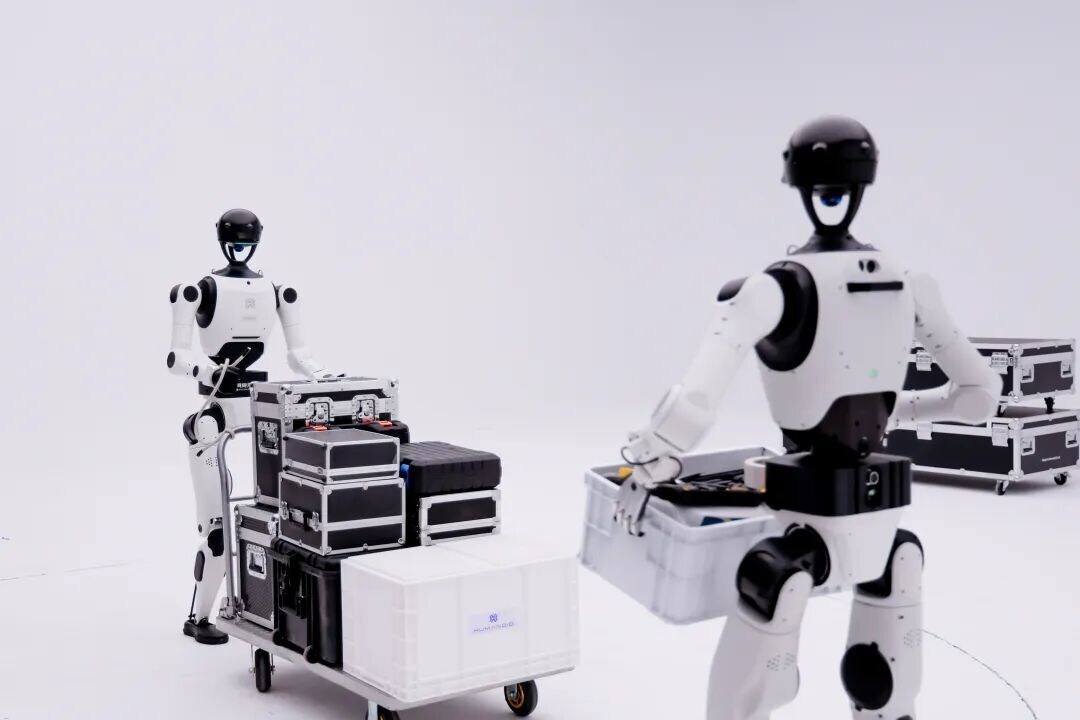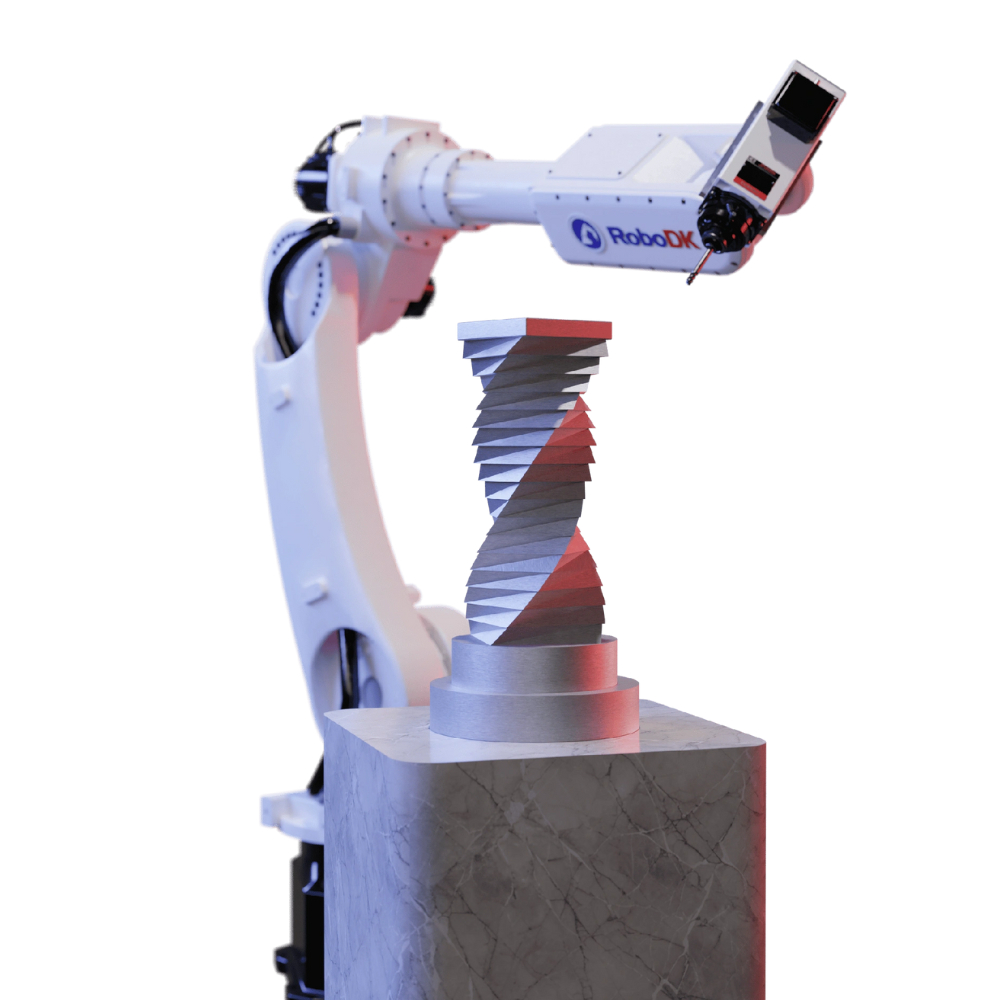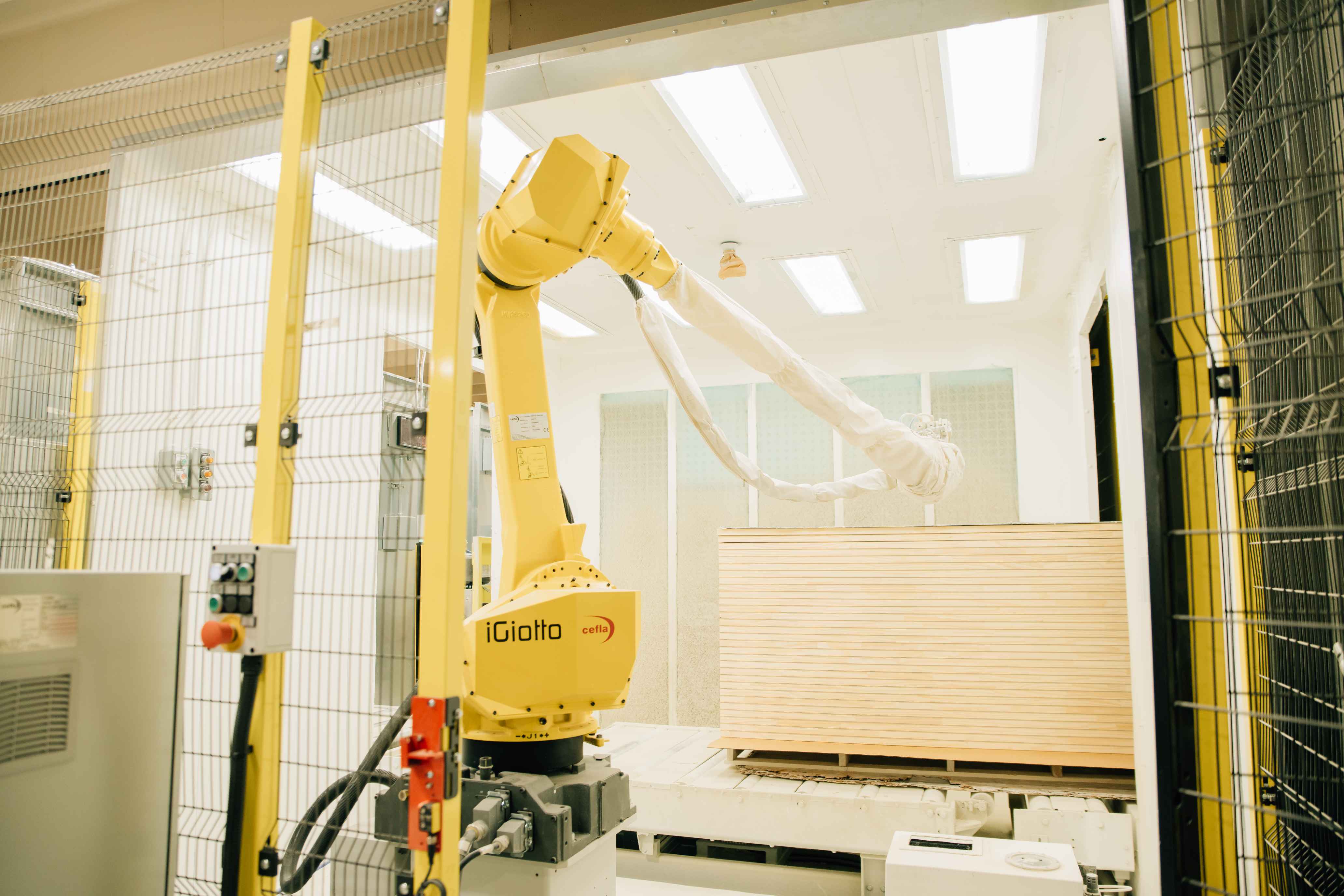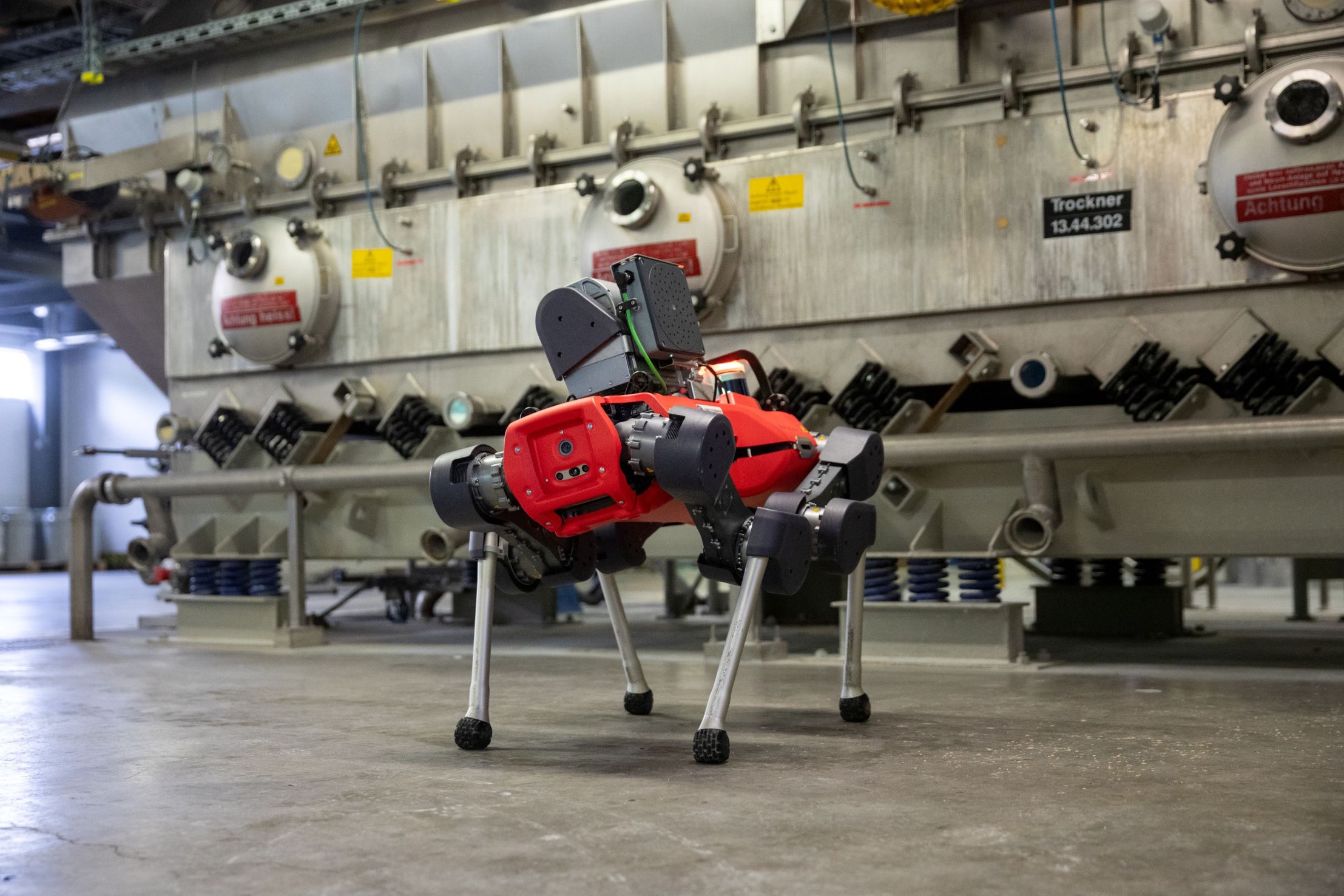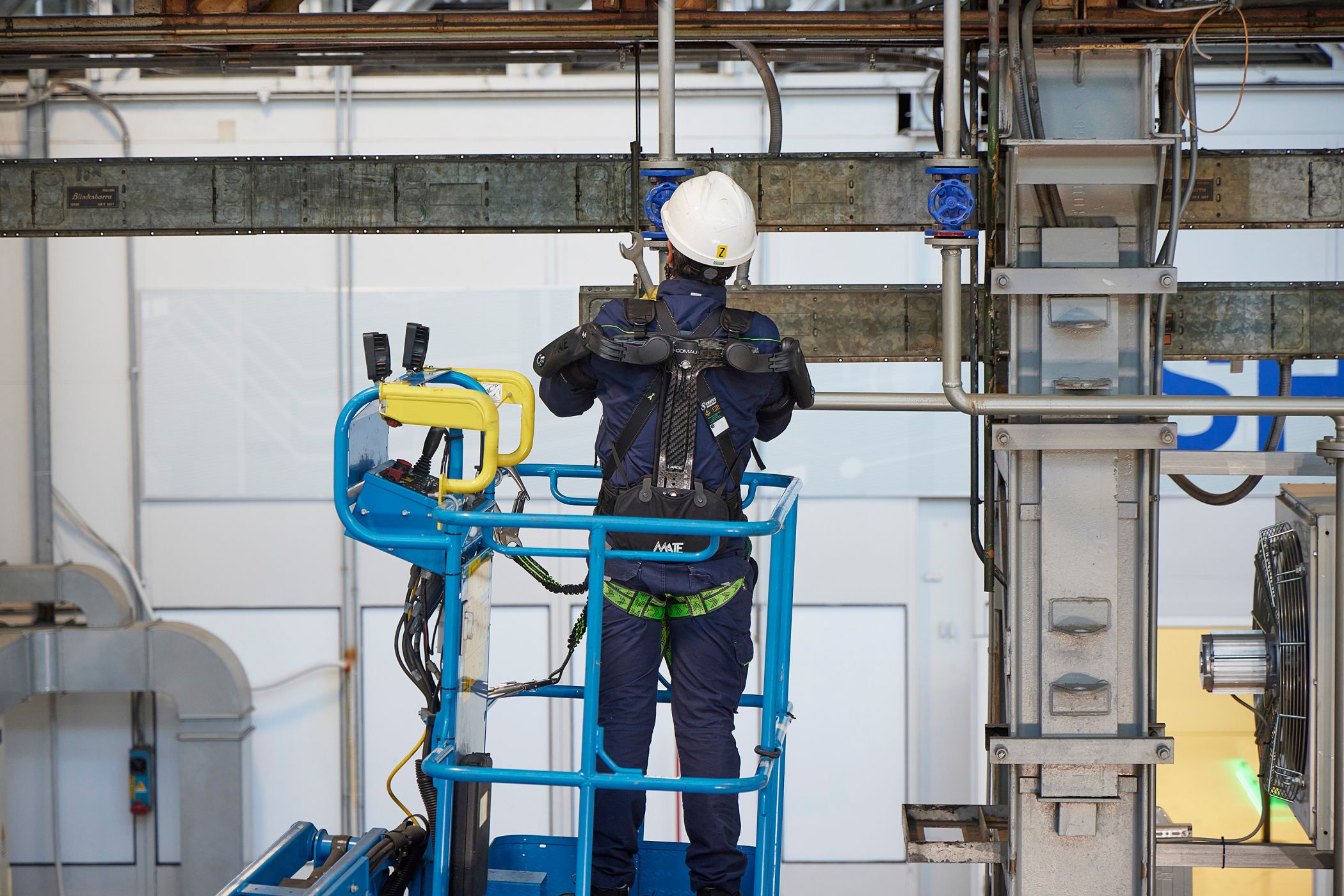NASA Johnson Space Center Seeks Proposals to Revitalize Historic Vibration and Acoustic Test Facility for Aerospace Innovation
In a rare leasing opportunity, NASA invites aerospace industry partners to repurpose the iconic Building 49, home to key vibration and acoustic testing labs, to advance human spaceflight, preserve historic assets, and drive a sustainable space economy. Proposals are due by Dec. 16.
Image Courtesy: Public Domain
NASA's Johnson Space Center is seeking proposals for the use of its historic, but underused, Vibration and Acoustic Test Facility. Prospective tenants must submit facility walk-through requests by Monday, Nov. 18.
Final proposals are due by 12 p.m. EST Monday, Dec. 16, and must promote activities that will build, expand, modernize, or operate aerospace-related capabilities at NASA Johnson and help preserve the historic and iconic building through preservation and adaptive reuse.
NASA plans to sign a National Historic Preservation Act (NHPA) lease agreement for the facility, also known as Building 49, for a five-year base period and one five-year extension to be negotiated between NASA and the tenant. To request a walk-through, send an email to hq-realestate@mail.nasa.gov.
"This historic facility has been used for decades to ensure the success and safety of all human spaceflight missions by putting engineering designs and hardware to the ultimate stress tests," said NASA Johnson Director Vanessa Wyche. "For more than 60 years, NASA Johnson has been the hub of human space exploration and this agreement will be a vital part of the center's efforts to develop a robust and durable space economy that refines our understanding of the solar system and space exploration."
All proposals must adhere to the guidelines detailed in the Agency Announcement for Proposals describing concept plans for development of the property, including any modifications proposed to the building; a statement of financial capability to successfully achieve and sustain operations, demonstrated experience with aerospace-related services or other space-related activities, and a detailed approach to propelling the space economy.
The nine-story building complex has a gross square footage of 62,737 square feet and consists of a north wing measuring 62 feet long, 268 feet wide and 106 feet tall, and a central wing about 64 feet long and 115 feet wide. Building 49 currently houses five laboratories, including the General Vibration Laboratory, Modal Operations Laboratory, Sonic Fatigue Laboratory, Spacecraft Acoustic Laboratory, and Spacecraft Vibration Laboratory. The south administrative portion of the building is not included in the property offered for lease.
As the home of Mission Control Center for the agency's human space missions, astronaut training, robotics, human health and space medicine, NASA Johnson leads the way for the human exploration. Leveraging its unique role and location, the center is developing multiple lease agreements, including the recently announced Exploration Park, to sustain its key role in helping the human spaceflight community foster a robust space.
In the coming years, NASA and its academic, commercial, and international partners will see the completion of the International Space Station Program, the commercial development of low Earth orbit, and the first human Artemis campaign missions establishing sustainable human presence on the Moon in preparation for human missions to Mars.
Johnson already is leading the commercialization of space with the commercial cargo and crew programs and private astronaut missions to the space station. The center also is supporting the development of commercial space stations in low Earth orbit, and lunar-capable commercial spacesuits and lunar landers that will be provided as services to both NASA and the private sector to accelerate human access to space. Through the development of Exploration Park, the center will broaden the scope of the human spaceflight community that is tackling the many difficult challenges ahead.


